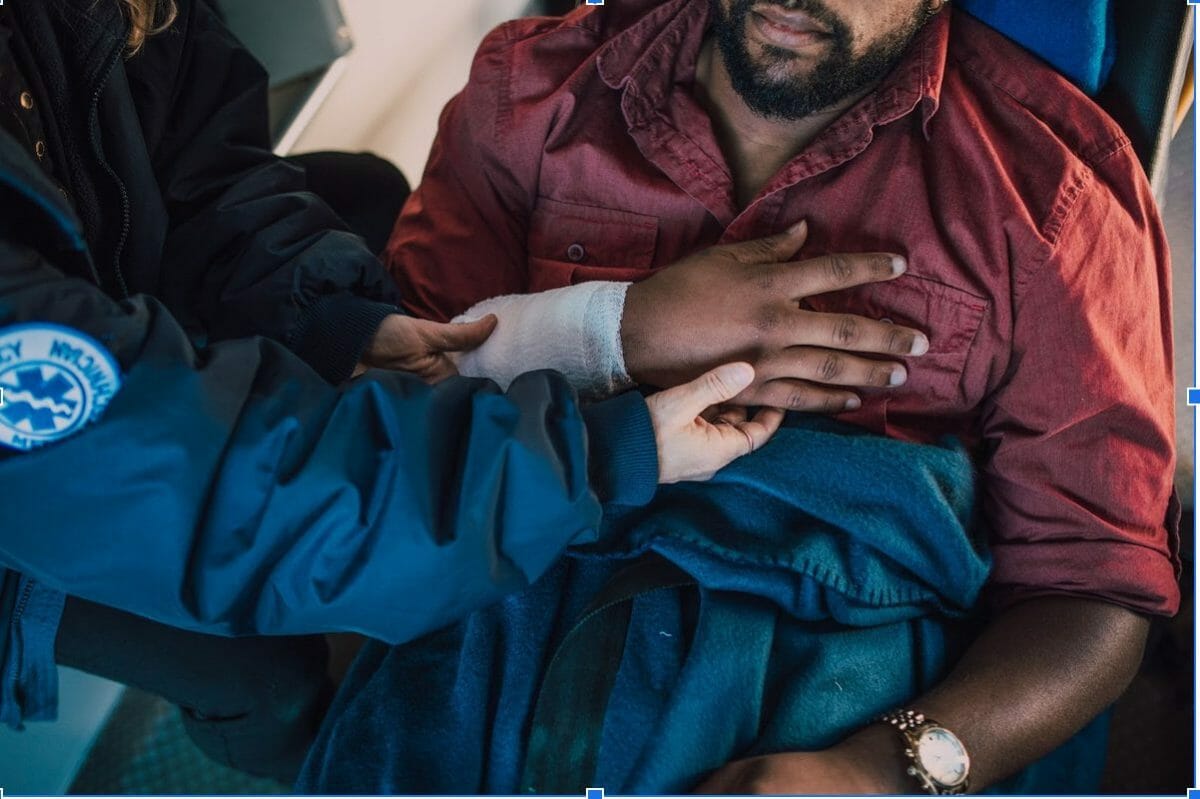As a matter of common sense, employers are obligated to see that their staff members are healthy and happy on and off the job. However, there are situations where an employee can get injured due to dangers on the job. Companies can take many precautions to ensure that if their employees get hurt on the job, they get medical help immediately.
The physiological agony of occupational injuries is merely the beginning. In any case, we hope this is just temporary and that you will soon be able to return to work. You still have a lot of problems to solve till then. How will I cover the cost of my physician and specialist visits? How will I manage the high price of prescription drugs? How will I pay the bills when I can’t get a job? How will I maintain your house, my household, and myself? The money from workers’ comp may be helpful, but you may wonder, “what happens when I reach MMI and the benefits stop?”
Continue reading to learn more.
Maximum medical recovery: What is it?
To begin, what exactly is an MMI, generally known as a maximal medical recovery? It indicates that there is no hope for future recovery from your ailment.
This might suggest that you are physically and mentally back to normal and functioning at 100%. It’s also possible that you haven’t entirely healed, but more therapy won’t help. When you reach maximal medical recovery, you are as stable as you are likely to become, and your regular advantages will end.
There is no longer a basis for granting you brief illness or minor injury disability benefits. If you’ve reached MMI but still can’t do your old job duties, that’s unfortunate, but you’re in a tough spot.
How employees should be treated
Empathy and concern for an employee whose livelihood has been upended by a work-related sickness or accident are also obligatory. Workers should be aware of how much they are valued and how much their return is looked forward to. Cards, letters and other forms of personal contact with the wounded and their loved ones may be very comforting.
Employee recognition initiatives are getting increasingly popular, and worker pay systems prioritizing workers’ needs are proving effective. Initiatives that advocate for their staff members’ interests prioritize those of their staff members and modify their support accordingly—because of this, giving more information about the compensation process and any extra benefit programs that apply may be necessary.
The Basis for Maximum Medical Recovery
A treating physician can only determine your MMI status. In the event of workers’ reimbursement, the company’s insurance carrier may need an objective physical assessment to authenticate what your attending physician concludes in some situations. The policyholder, the company, and the person’s attorney had no voice in the issue.
Employees’ compensation petitions may be reviewed before the Laborers’ Compensation Commission if there is a dispute about the circumstances of their injuries on the job.
It continues to be a top priority for the company to discover novel approaches to ensure that wounded employees have rapid access to top-quality hospital attention tailored to their specific conditions.



